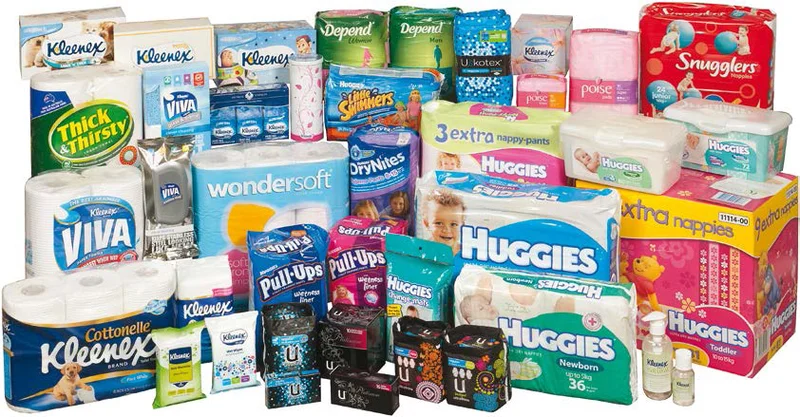Real-Time BNB Signal Analytics
Real-Time BNB Signal Analytics
Kimberly-Clark's Kenvue Gamble: Huggies and Tylenol Under One Roof—But Will the Numbers Add Up?
Kimberly-Clark's move to acquire Kenvue, the maker of Tylenol, for $48.7 billion is a bold play. The deal merges Kimberly-Clark's household brands like Huggies and Kleenex with Kenvue's portfolio, which includes Band-Aid and Listerine. The stated ambition is to "serve billions of consumers across every stage of life," according to Kimberly-Clark CEO Mike Hsu. But will this marriage of diapers and pain relievers actually deliver shareholder value, or is it a case of corporate empire-building?
The initial reaction is the usual corporate optimism. The combined entity will boast a massive portfolio of consumer health brands. The question, though, is whether these brands are truly synergistic. Will a consumer buying diapers also be more likely to reach for a bottle of Listerine? The underlying assumption is that bigger is better, that scale automatically translates to efficiency and market dominance. But scale can also lead to bloat, bureaucracy, and a lack of agility.
Kenvue's recent CEO departure (Thibaut Mongon left as part of a strategic review) adds another layer of uncertainty. Interim CEO Kirk Perry steps in, but leadership transitions always introduce risk. It raises the question: what strategic shifts were being considered at Kenvue, and how will they be integrated—or discarded—in the new Kimberly-Clark structure?
The elephant in the room is the recent controversy surrounding Tylenol. The FDA is exploring a potential link between acetaminophen (Tylenol's active ingredient) use during pregnancy and an increased risk of autism. While medical experts and Kenvue maintain the drug's safety, the association, even if unproven, creates a long-term brand risk.

This is the part of the report that I find genuinely puzzling. Kimberly-Clark is acquiring a brand with a potential, albeit contested, liability. How has this risk been factored into the $48.7 billion valuation? What's the contingency plan if further studies strengthen the autism link? These are not hypothetical questions; they directly impact future earnings and shareholder value.
The deal structure itself is also noteworthy. Kenvue shareholders will receive a mix of cash ($3.50 per share) and Kimberly-Clark stock (0.14625 shares per Kenvue share). This suggests a degree of confidence on Kimberly-Clark's part, as they are willing to dilute their existing shareholder base. However, it also means Kenvue shareholders are now exposed to the long-term performance of the combined company—a performance heavily reliant on navigating the Tylenol controversy and achieving the promised synergies. Kimberly-Clark shareholders are expected to own about 54% of the combined company, with Kenvue shareholders owning the remaining 46%.
The assertion that Tylenol is "resilient" (as Kimberly-Clark's CEO called it recently) needs to be stress-tested against real-world data. Has there been a measurable drop in sales since the autism concerns surfaced? What are the demographic trends? A "resilient" brand can still be a declining brand, just declining at a slower rate than its competitors. Kimberly-Clark CEO talks Kenvue acquisition, calls Tylenol brand ‘resilient’
The proposed closing date is in the second half of next year, pending shareholder approval. This gives both companies time to iron out the details and address regulatory concerns. But it also leaves plenty of room for market conditions to change, for new studies on acetaminophen to emerge, and for the "synergies" to prove elusive.
The Kimberly-Clark-Kenvue deal feels like a roll of the dice. The potential upside—a dominant player in consumer health—is clear. But so are the risks: integration challenges, brand liabilities, and the ever-present threat of overpaying for an asset. Unless Kimberly-Clark can demonstrably mitigate these risks and deliver concrete, measurable synergies, this acquisition may ultimately prove to be a costly misstep.